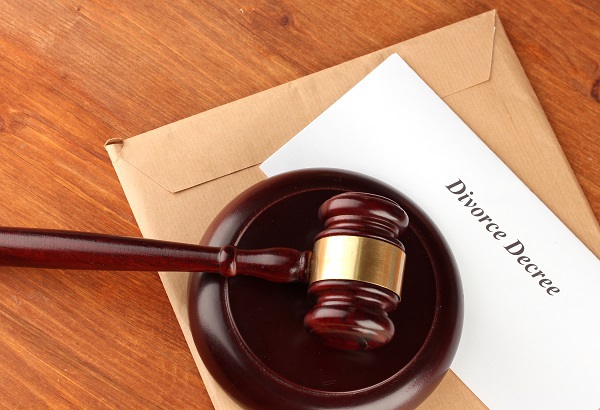Adultery often leads to divorce. Whether you were the straying or non-straying partner, infidelity may still affect your divorce in ways you did not intend.
The No-Fault Divorce.
For years, someone who was stuck in an unhappy marriage had to state grounds for getting a divorce. Abuse, desertion, and adultery were commonly cited by a party when filing divorce papers. The divorce petitioner may have had to provide proof to back up their reasons for ending the marriage.
Now, no-fault divorce is available in California. A petitioner filing for a no-fault divorce doesn’t have to say who was at fault or what happened. You just have to say you want to end the marriage.
It’s Not Illegal, but There May Be Consequences.
Adultery is not against the law, so you won’t be arrested for having an affair. However, straying from the marriage can make things difficult for the adulterous spouse:
- Alimony and Spousal Support. A court may consider a party’s adultery while determining alimony and spousal support. The amount of support ordered won’t be based on morality, but instead on how the adultery may have affected the innocent spouse’s financial wellbeing.
- Custody. Adultery typically has more of an immediate effect on a person’s relationship with their spouse than their relationship with their children. Still, the strain on the marital relationship will cause discomfort for everyone involved. However, courts typically only consider the infidelity’s effect if children are being put in danger by the affair.
- Property Distribution. California is a community property state and community property is typically split 50-50. However, if one spouse uses community funds to pay for his or her infidelity, the other spouse may be entitled to restitution from the offending spouse’s share of the marital estate.
- Negotiations. The adulterous spouse may feel ashamed or guilty. The injured spouse may feel angry and want revenge. Emotions can add an extra level of stress to delicate negotiations.




